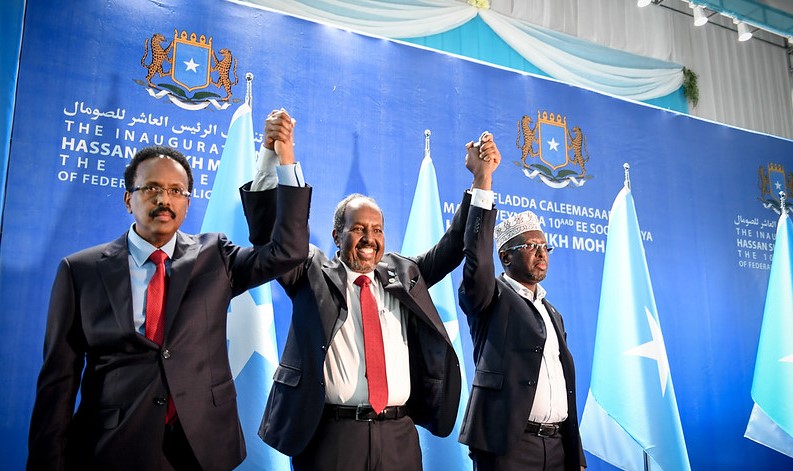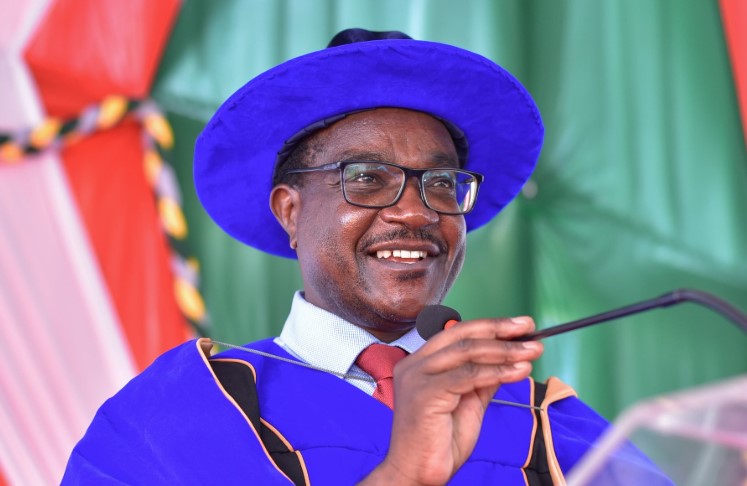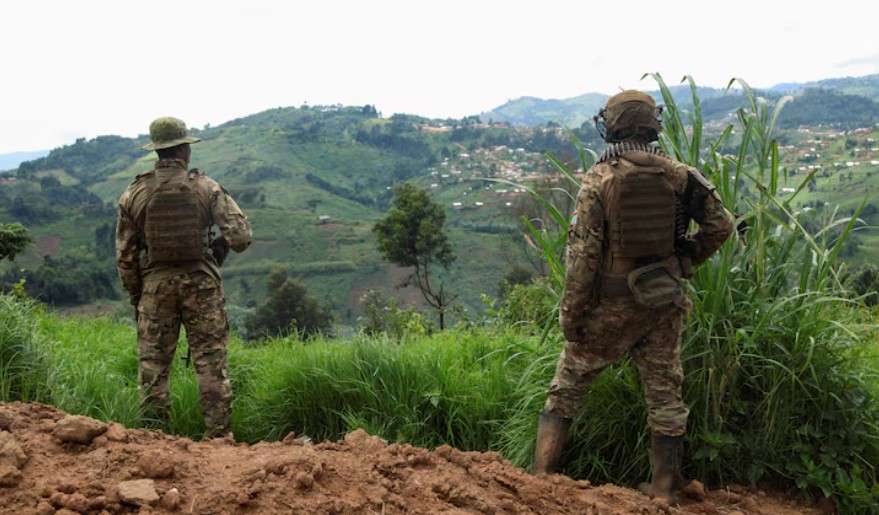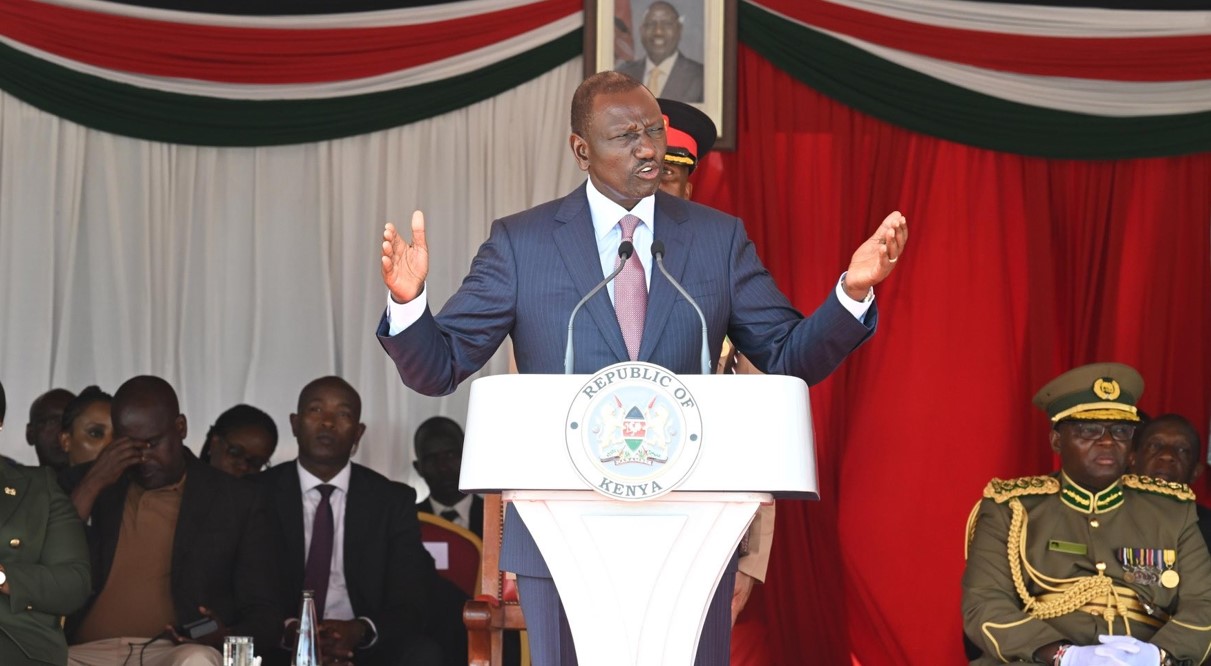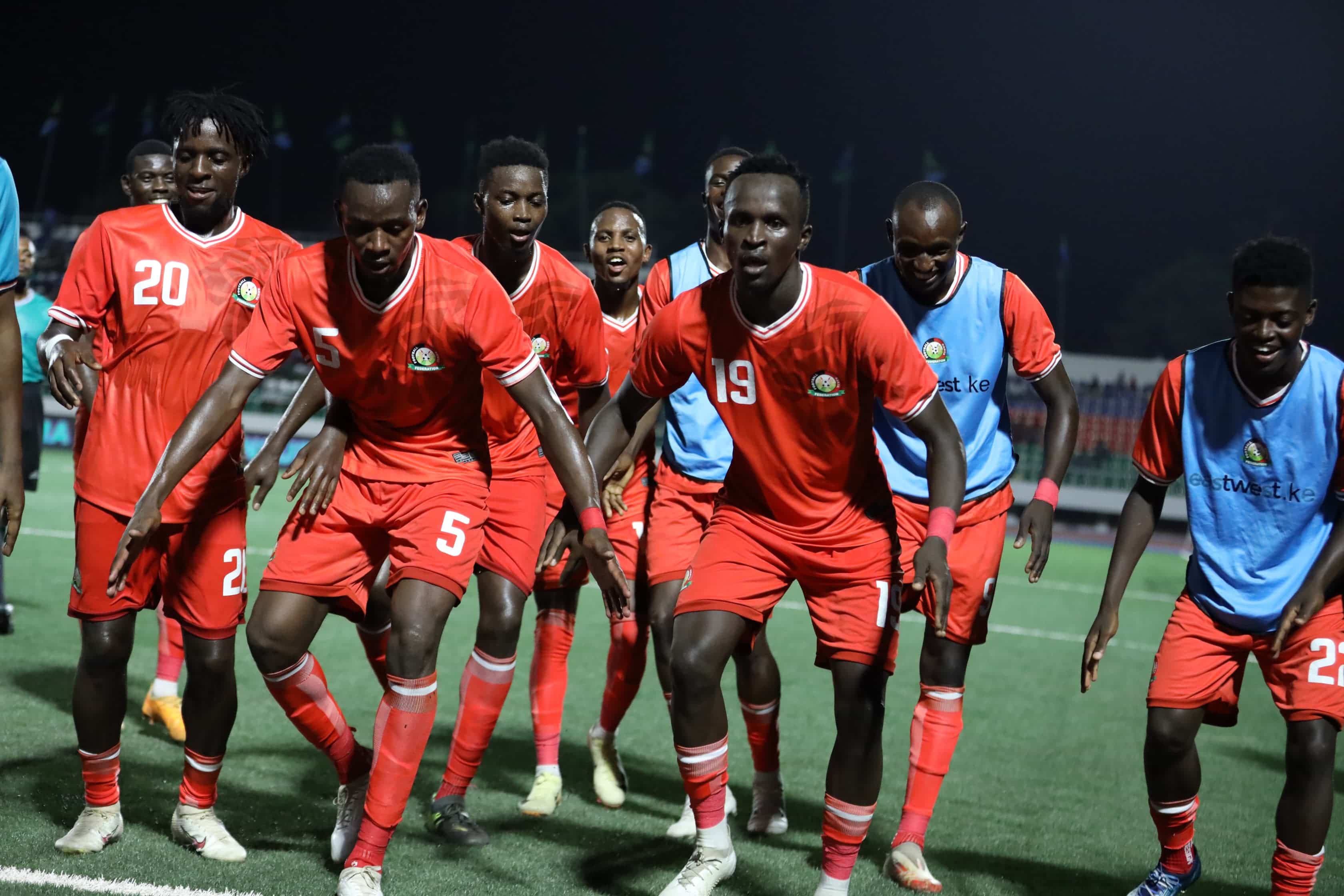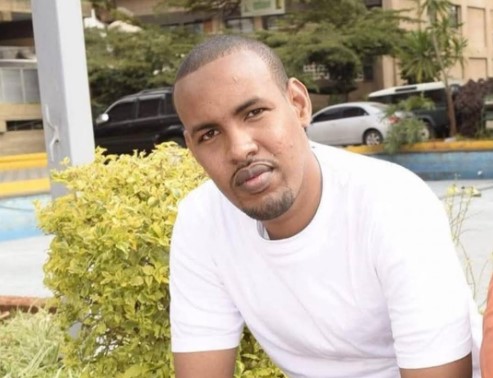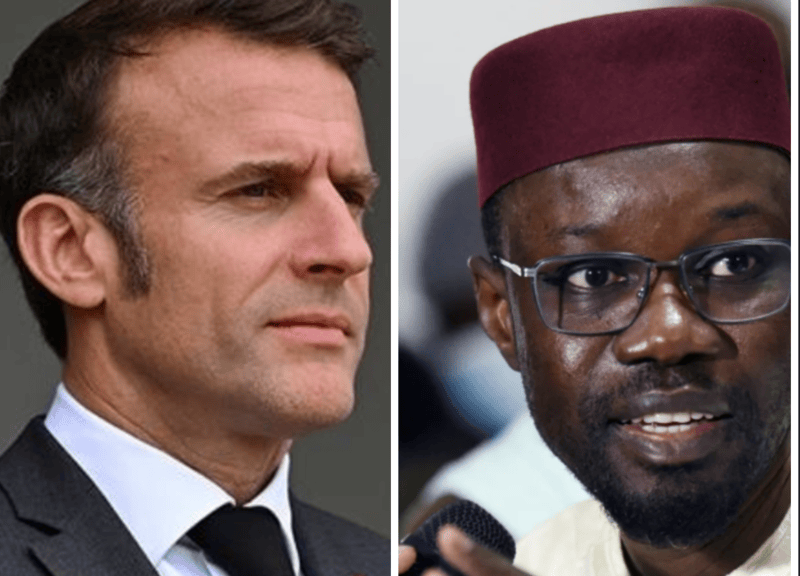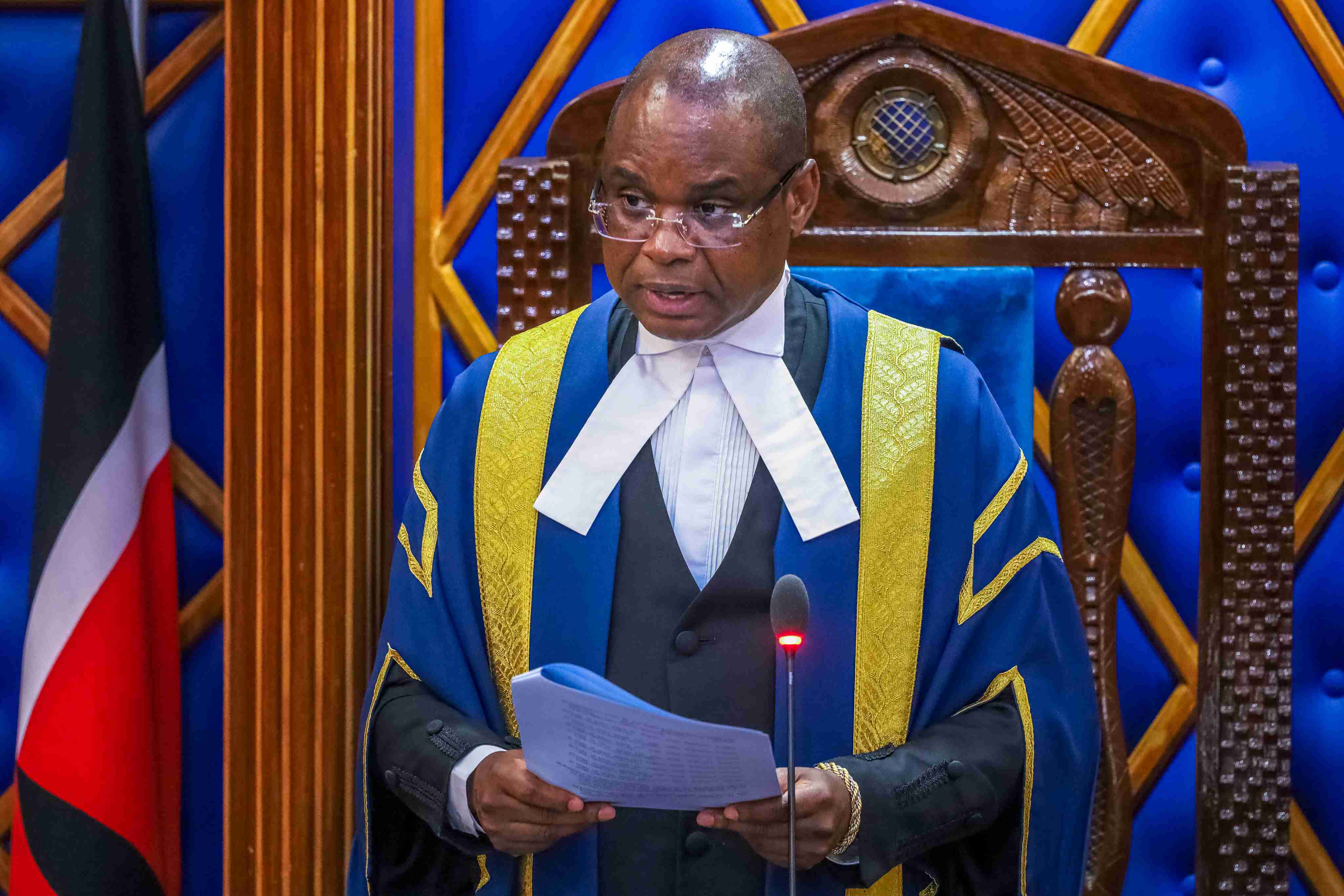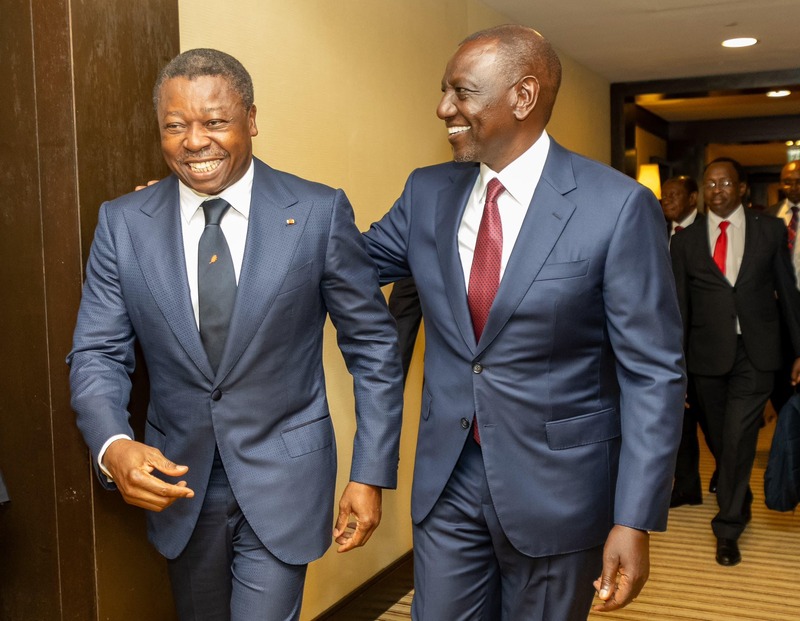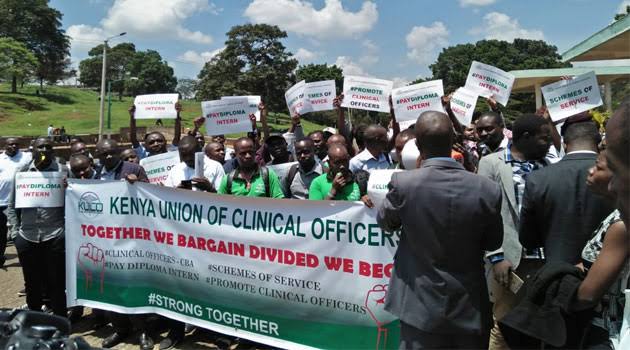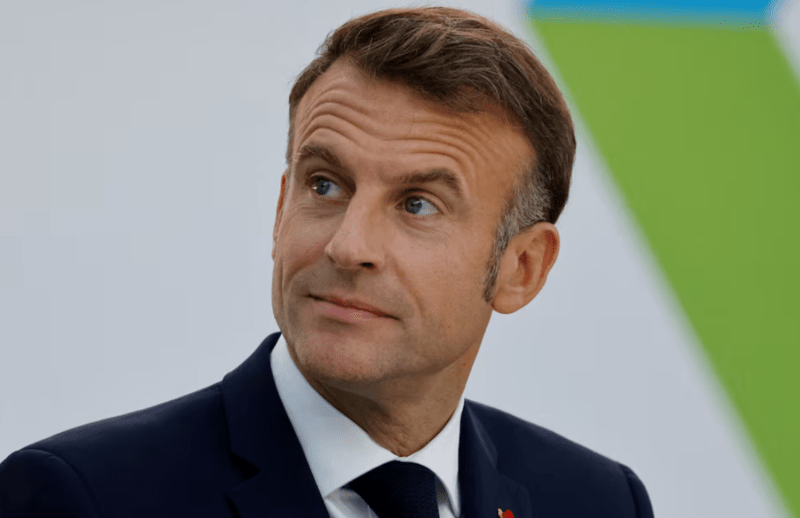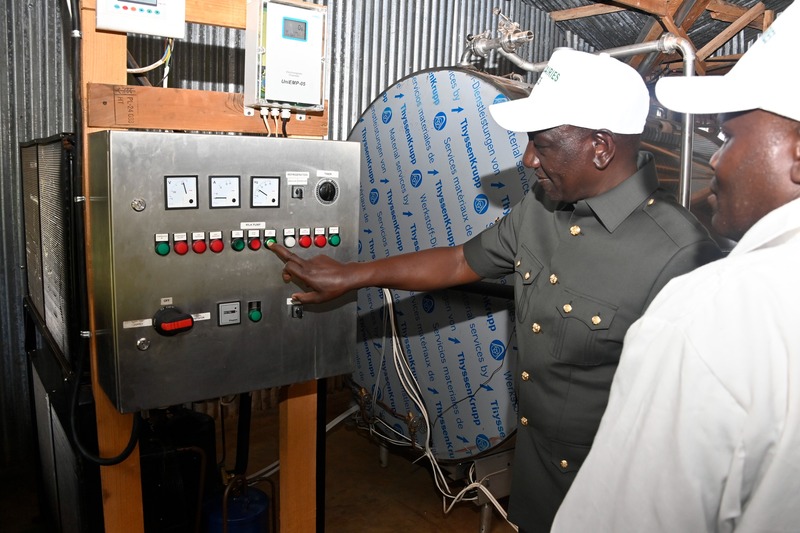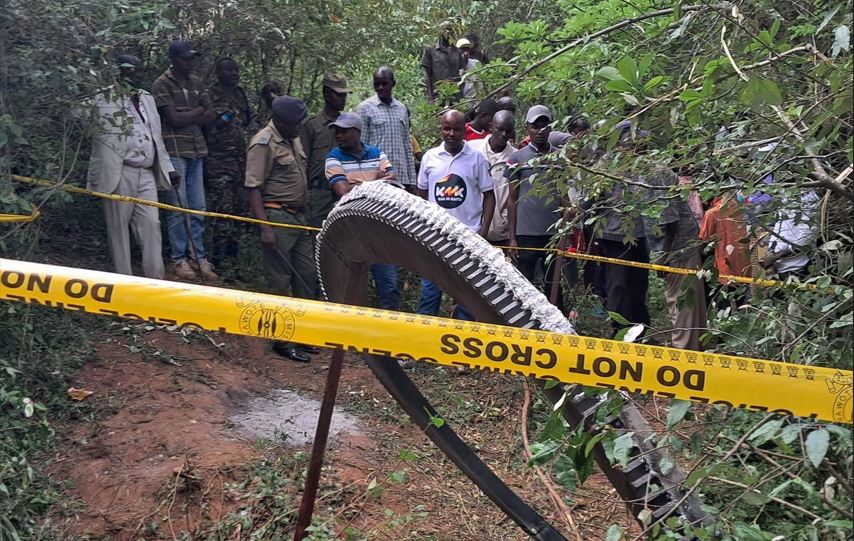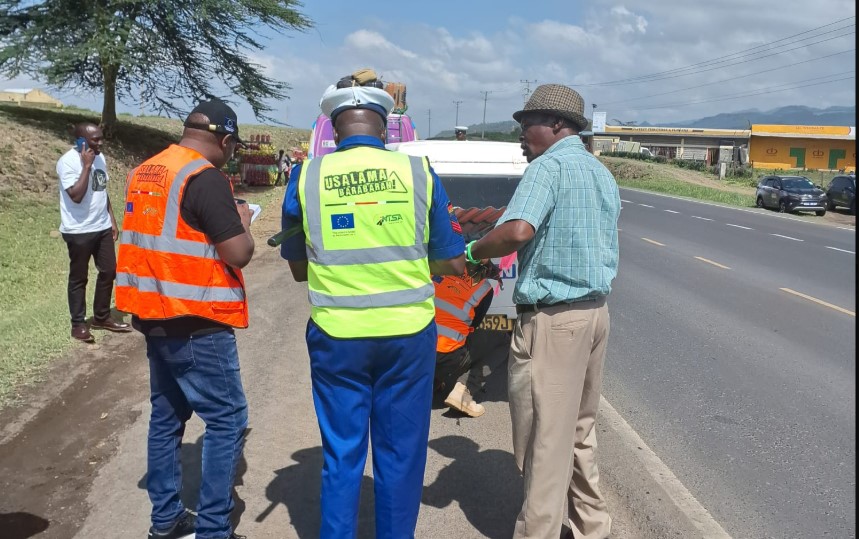Parliament demands action on state's inadequate funding to schools
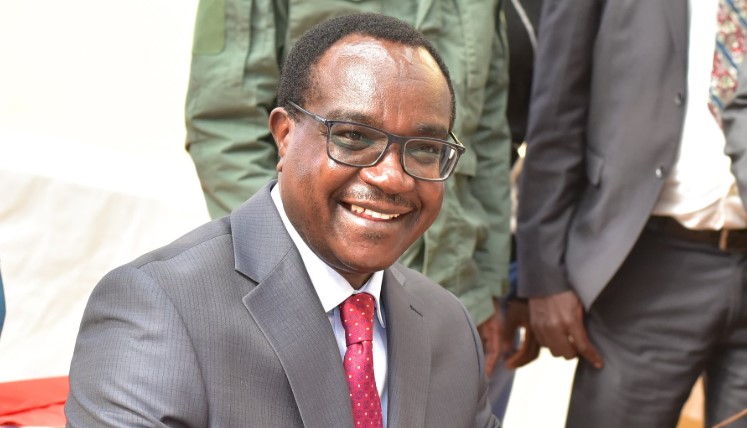
On Saturday, the Ministry of Education confirmed that capitation funds had not yet been disbursed.
The Ministry of Education has been asked to provide a detailed plan on how it intends to increase capitation for primary and secondary schools amid concerns over the growing financial strain on learning institutions.
Lawmakers have raised concerns over the insufficiency of government funding, which they say fails to keep pace with the rising cost of living and inflation.
More To Read
- Book vendors in Eastleigh report booming business with reopening of schools
- Low turnout marks day one of learning as schools reopen for 2025 first term
- Government announces key directives ahead of schools reopening for first term in 2025
- Auditor-General's report reveals Sh6bn wasted on substandard projects in schools
Under the free day secondary education programme, each student is entitled to Sh22,244 annually for tuition.
Suna West MP Peter Masara criticised the current capitation, saying it is inadequate to sustain schools.
He warned that inadequate capitation has forced schools to compromise the quality of education as headteachers struggle to bridge funding gaps.
“The current government capitation for both primary and secondary schools is not enough to address the rising cost of living and inflation. Schools are left struggling to provide essential resources, which compromises the quality of education,” Masara said.
He called on the government to prioritise increasing allocations to ensure the drive for free education does not come at the expense of quality and that all learning activities are properly supported.
“What plans does the Ministry of Education have to increase capitation for schools to cushion them against the high cost of living and inflation?” Masara asked.
National Assembly Speaker Moses Wetang’ula has directed the Education Committee to seek a comprehensive response from the ministry on Masara’s concerns.
The call for increased funding comes after recommendations by the Presidential Working Party on Education, which proposed raising capitation for primary school learners from Sh1,420 to Sh2,238.
Junior secondary students were to receive Sh15,043, while secondary schools were slated to get Sh22,527, up from Sh22,244.
however, these proposals remain unimplemented.
Even as schools reopen today, January 6, 2025, they are yet to receive 50 per cent of the annual capitation funds, placing headteachers and principals under significant pressure as they welcome back learners.
Funds not disbursed yet
On Saturday, the Ministry of Education confirmed that capitation funds had not yet been disbursed.
Education Cabinet Secretary Julius Ogamba, however, said the government is committed to providing free and compulsory basic education for all children in public schools.
He added that the ministry plans to release Sh48.38 billion, representing 50 per cent of this year’s capitation funds.
However, the statement did not specify the exact date for the disbursement, only noting that the ministry was working with the National Treasury to ensure the funds are released promptly.
Last week, Basic Education Principal Secretary Belio Kipsang had assured school heads that the funds would be disbursed soon.
“Within the shortest time, we shall ensure the funds are wired so that schools can begin the term without difficulties,” Kipsang said.
According to the ministry, free primary education is set to receive Sh4.12 billion, while free day junior secondary and free day secondary school education will be allocated Sh15.32 billion and Sh28.92 billion, respectively.
The ministry also indicated that 30 per cent of the capitation will be released in term two, with the remaining 20 per cent set for term three.
Textbooks
Parliament has also sought clarification on the textbook-to-pupil ratio, with Masara questioning the ministry’s criteria of distributing textbooks and calling for measures to ensure equitable allocation.
Despite substantial investments, a 1:1 learner-to-textbook ratio was only achieved after the introduction of direct procurement in 2018.
In February 2023, the government supplied textbooks worth Sh3.2 billion to public schools, catering to junior secondary learners.
Masara has asked for a report on this programme, alongside measures to maintain equitable distribution nationwide.
The MP further called for a statement on early childhood development and education (ECDE) programmes managed by counties, including plans to ensure a seamless transition from ECDE to primary school.
He also highlighted the financial pressures faced by parents, with some schools imposing extra levies to fund remedial teaching, purchase school buses and uniforms, and construct facilities — costs that are becoming increasingly burdensome amid rising inflation.


